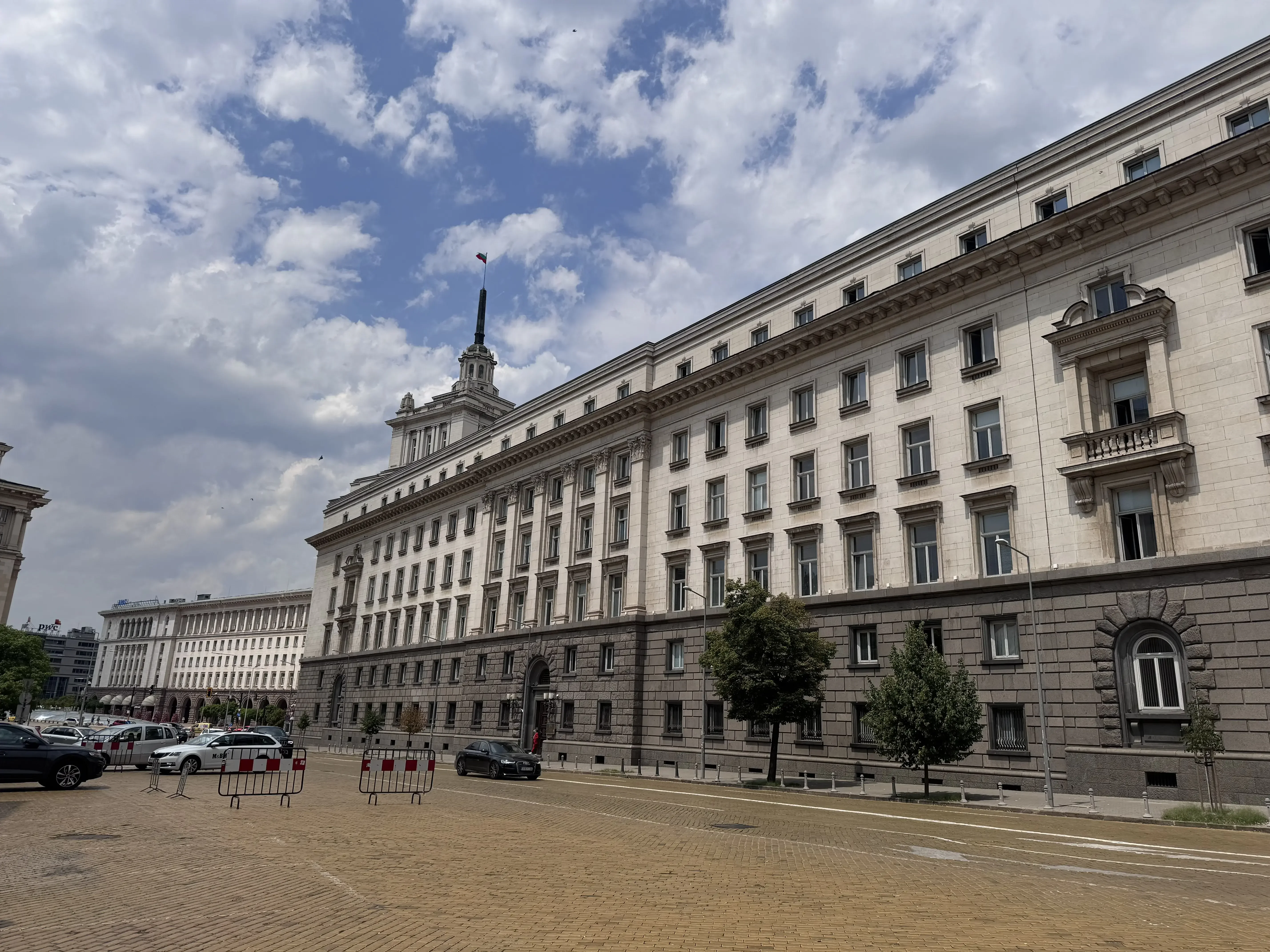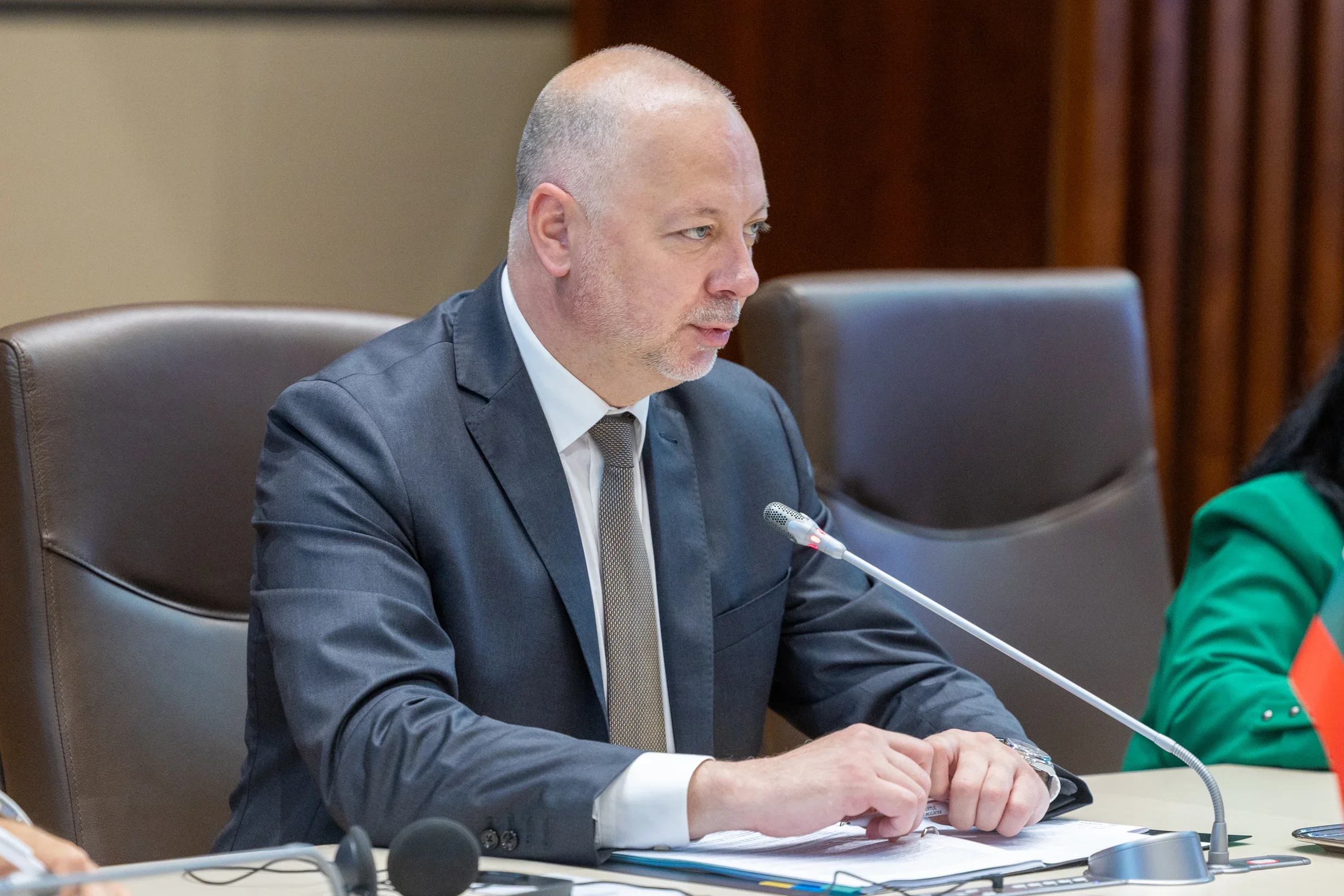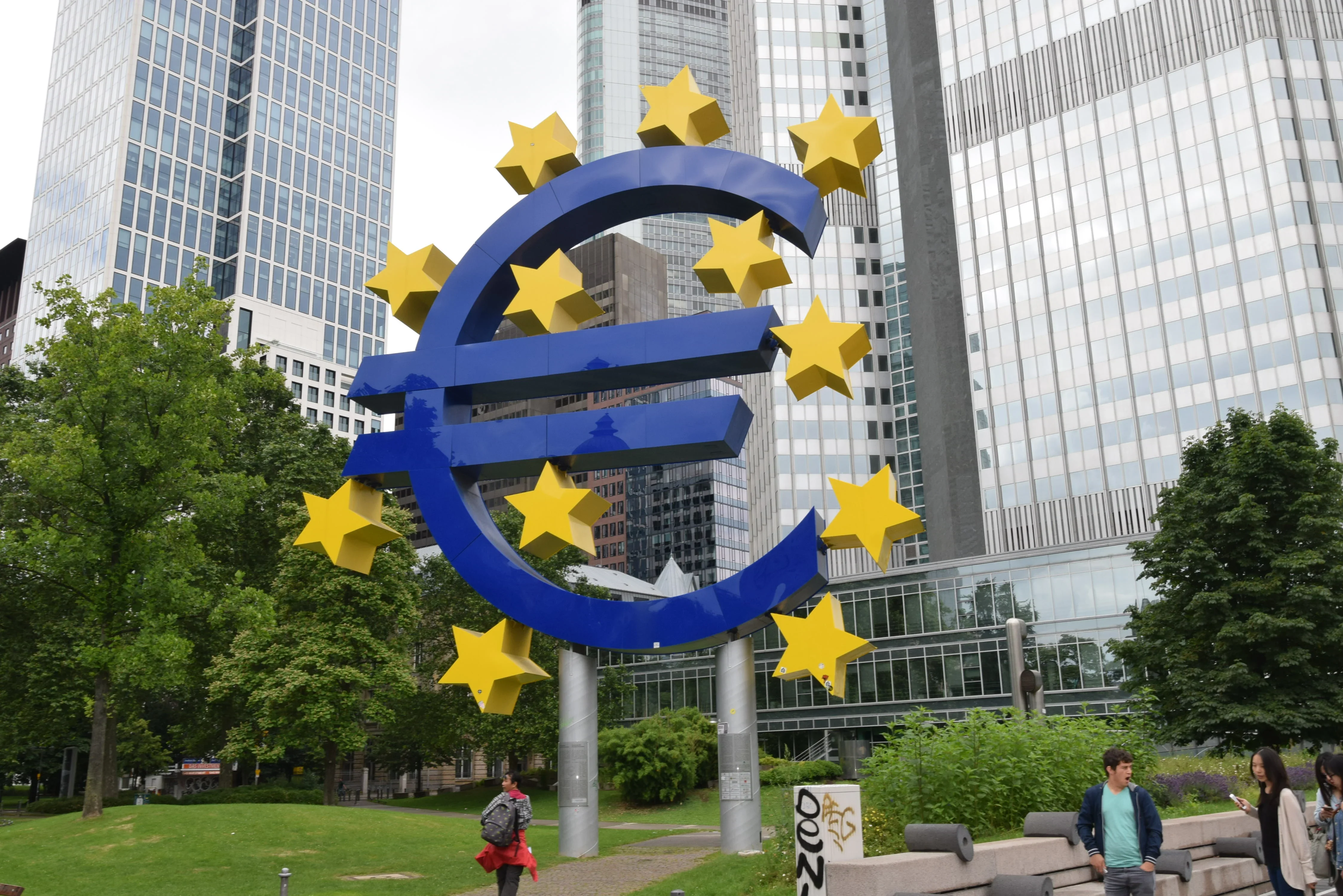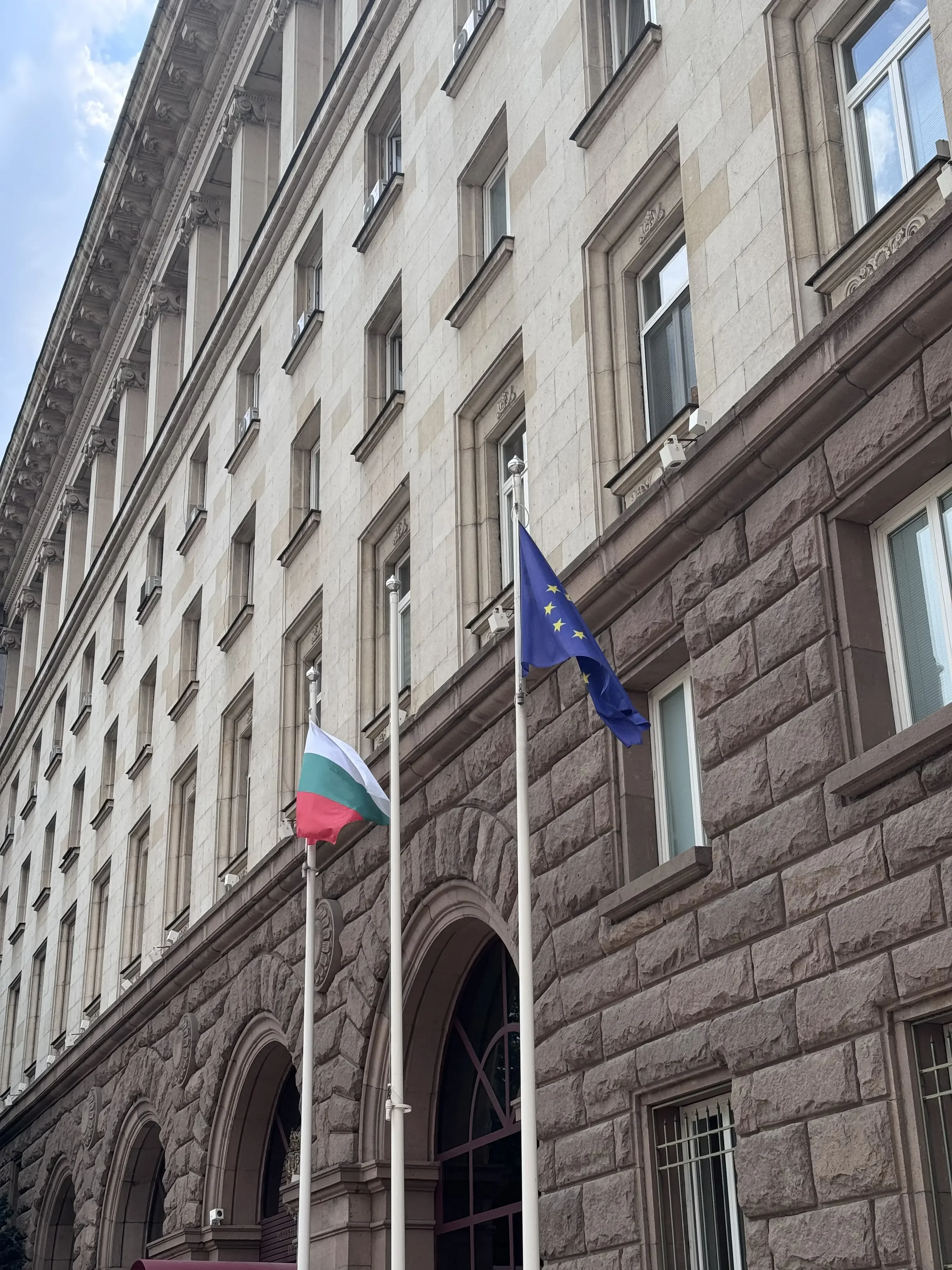On June 20, 2025, a national discussion was held at the Economic and Social Council (ESC) on the topic "The Effect of the Eurozone. The Experience of Member Countries". The event, with the participation of the government, business, trade unions, and civil organizations, aimed to present to the public real facts and data on the benefits and challenges for Bulgaria in the introduction of the euro.
During the opening, Prime Minister Rosen Zhelyazkov stated that state authorities are monitoring the dynamics of prices and will seek answers for their unjustified increase in some goods. He emphasized that this has nothing to do with the euro, as the country has not yet adopted the single European currency.
The Deputy Minister of Finance, Galya Dimitrova, highlighted the numerous benefits for Bulgaria from the introduction of the euro, including the elimination of currency risk, reduction of transaction costs, strengthening of foreign investment, and improvement of competitiveness.
The Chairman of the ESC, Zornitsa Rusinova, stressed the need for serious discussion, so as not to fuel people's fears, and that civic control is an important way to counter attempts at speculation.
The Deputy Governor of the Bulgarian National Bank, Petar Chobanov, assured that the country is in the final stage of preparation for the euro, with active participation of institutions, trade unions, business, and consumer organizations.
The representatives of the Bulgarian Chamber of Commerce and Industry, Lachezar Iskrov, Valentina Zartova, and Monika Panayotova, emphasized that joining the Eurozone will reduce transaction costs and interest rates for businesses, improve the country's credit rating, and create a more favorable investment environment.
The participants in the discussion examined specific aspects related to competitiveness, investments, incomes, prices, and benefits for citizens. The experience of Latvia and Lithuania was also presented, which showed that after the adoption of the euro, incomes in these countries have increased significantly within 6-10 years, leading to increased purchasing power, stability, and a better standard of living.
You may also like
 Inflation in Bulgaria: What to Expect in 2026 and 2027?
Inflation in Bulgaria: What to Expect in 2026 and 2027? Rosen Zhelyazkov and OECD to Present Bulgaria's Economic Survey for 2025
Rosen Zhelyazkov and OECD to Present Bulgaria's Economic Survey for 2025 Preparation for Giro d'Italia - Bulgaria 2026: Coordination, Security, and Promotion of Bulgaria
Preparation for Giro d'Italia - Bulgaria 2026: Coordination, Security, and Promotion of Bulgaria ESC and OECD Discuss Bulgaria's Progress Towards Membership and Key Reforms
ESC and OECD Discuss Bulgaria's Progress Towards Membership and Key Reforms
In summary, the participants emphasized that reliable information and active interaction between institutions, business, trade unions, and citizens will ensure a smooth transition to the euro in Bulgaria and contribute to the country's economic growth and stability.




Коментари (0)
Все още няма коментари.